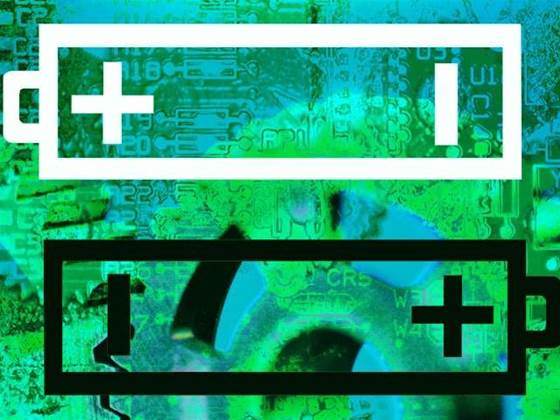
The new figures amount to a 60 percent increase in battery life over the original estimates given by Apple chief executive Steve Jobs in January. This would give the iPhone double the talk time of competing models from RIM and Palm.
Apple has declined to explain how the battery estimate was boosted, citing only "the development process". Experts, however, are doubtful that any sort of revolutionary hardware or software technology was behind the news.
Mobile industry analysts and experts told vnunet.com that the likely reason for the iPhone battery gain is at best a minor tweak, and at worst a smoke-and-mirrors PR move to further build the hype surrounding the 29 June release.
"My first thought was that they did not do a thing to the battery," said Dave Chamberlain, a principal analyst at In-Stat. " They have probably just changed the way they measured it."
Kenneth Dulaney, vice president of mobile computing at Gartner, said that, in order to get such long battery life from the 14 milliamp/hour battery reported to be in the iPhone, Apple would need to have made "a tremendous breakthrough".
"For Apple to make these claims, you almost wonder if there's a nuclear reactor inside," he told vnunet.com
Dulaney expects consumers to find the actual battery life of the iPhone significantly lower in real-world use than in the controlled environments of Apple's labs.
There are, however, other possibilities for the jump in battery life than clever marketing or creative measurement.
Benoit Schillings, chief technical officer at mobile software developer Trolltech, told www.vnunet.com that optimising code on software side of the iPhone may have yielded the gains in battery life.
"Efficient code is the number one way to go. My suspicion, in the case of Apple, is that there is probably some of that," he said. "On top of that, Apple also added some other layers of power management."
By adjusting the amount of power sent to each component, explained Schillings, manufacturers can dramatically improve battery life.
Managing screen brightness and wireless connections, such as Bluetooth, can have a particularly strong influence on extending battery life.
However, Schillings too is leaning towards a more simple explanation. "Maybe Apple just had a bug," he mused. "Never neglect changing a mistake into a victory."

_(36).jpg&h=140&w=231&c=1&s=0)








 iTnews Executive Retreat - Security Leaders Edition
iTnews Executive Retreat - Security Leaders Edition
 iTnews Cloud Covered Breakfast Summit
iTnews Cloud Covered Breakfast Summit
 Melbourne Cloud & Datacenter Convention 2026
Melbourne Cloud & Datacenter Convention 2026
 The 2026 iAwards
The 2026 iAwards












_(1).jpg&h=140&w=231&c=1&s=0)



